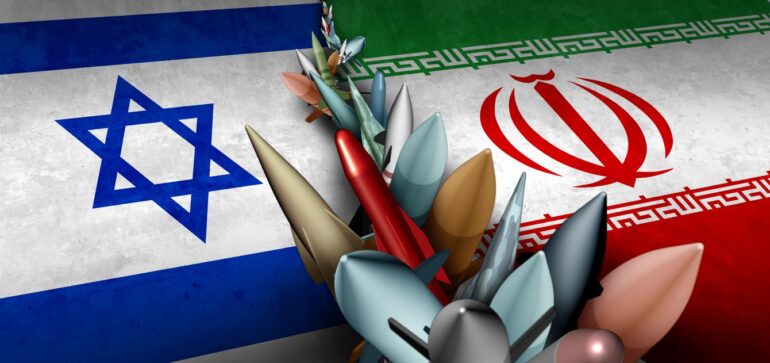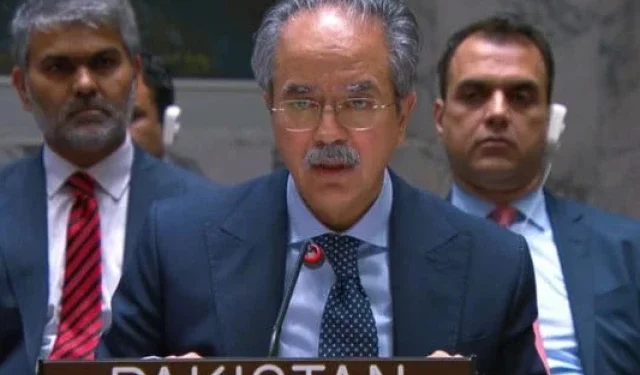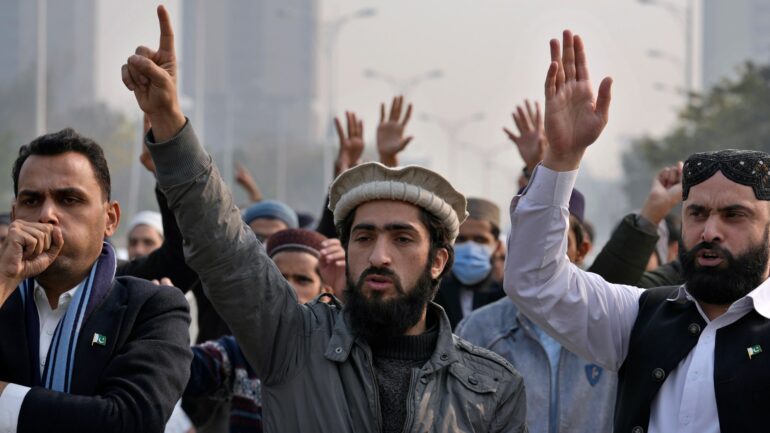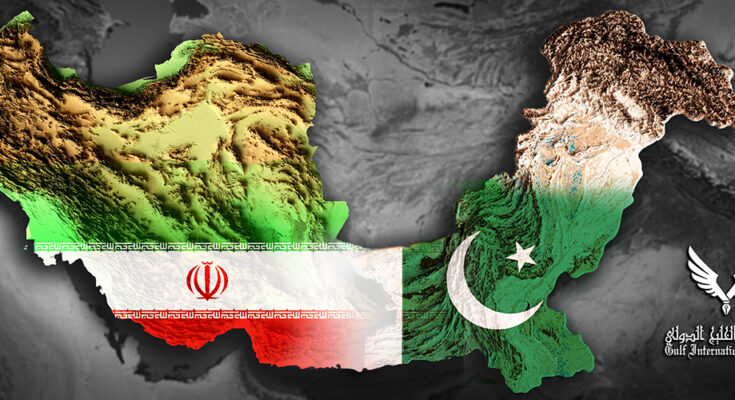1. Pakistan’s Diplomatic Balancing Act Between Friends and Adversaries
Pakistan is tiptoeing a fine line in diplomacy and it’s getting tense.
- Strong condemnation of Israeli attacks on Iran: Islamabad has taken a firm position in condemning Israeli air strikes on Iran, calling them a violation of sovereignty, and dangerously provocative.
- N/ALET’S TRADE The government is trying to manage its global relationships, and does not want to alienate its major partners. Longtime ally or foe A nuclear-armed nation of 220 million, Pakistan has complex relations bridging world powers China and the US, and wants to keep thawing relations with the US — underscored by armyChief of Army Staff Gen Qamar Javed Bajwa’s high-profile appearance. Asim Munir’s recent trip to the U.S. ft.com+1dawn.com+1.
- Diplomatic answers: After it was reported that Iran has nukes lifting capability with the help of Pakistan, Islamabad clarified that it never promised to strike nukes back at Israel – stating that current stated posture is defensive only.economictimes.indiatimes.com.
2. Security Measures: Air Space, Borders and Counter Terrorism
Since then, Pakistan has been increasingly on hold:
- Airspace monitoring: Following Israeli attacks on Iran, Pakistan’s Civil Aviation Authority strengthened monitoring on flights entering from the west, particularly in light of regional airspace closures that force routes further east, over Oman apnews.com+3thinktank.pk+3economictimes.indiatimes.com+3tribune.com.pk.
- Border wall construction: Iran and Pakistan are continuing their efforts to build up their shared border approximately 430 of 959 km of the border is complete to more effectively combat trafficking, unauthorized crossings and militant infiltration. en.wikipedia.org.
- Joint counter-terrorism: The two sides also decided to upgrade military cooperation to fight cross-border militancy and terrorism in the wake of recent tit-for-tat missile and drone attacks by groups, including Jaish al-Adl, in Balochistan. reddit.com+2aljazeera.com+2en.wikipedia.org+2.

- Domestic militant bans: Pakistan labelled the Iran-linked Zainebiyoun Brigade (a) a terror organization, due to the risk to sectarian harmony—highlighting Islamabad’s concerns about Iran-backed militancy against Pakistan itself reddit.com+1thinktank.pk+1.
3. Regional Repercussions: Border Disputes, Insurgency, and Sectarian Violence

The Iran Israel showdown is intensifying several security flashpoints:
- Rise of the Baloch insurgency: The porous border in Balochistan and Sistan-Baluchestan is an active front. Iran’s recent threats to close off its side of the border comes as it fears armed groups, such as the Jaish al-Adl, who seek to take advantage of instability and carry out cross-border militant attacks. thetimes.co.uk+4apnews.com+4pakobserver.net+4en.wikipedia.org+1aljazeera.com+1.
- Sectarian lines: The overflow of tensions could potentially rekindle intra-Muslim sectarian tensions between Sunni and Shia in Pakistan, particularly in areas with high volatility such as Kurram and Parachinar. Hundreds of people died in previous incidents, which sparked widespread unrest en.wikipedia.org.
- Terrorist attacks in Pakistan: Balochistan saw violent attacks in recent months: Apr͏il March bombing killed seven security forces personnel. Bus IED attack in Mustang resulted in press casualties–militant threats continue en.wikipedia.org.
- Afghan border instability: Pakistani forces recently eliminated 71 militants near the Afghan border as part of an ongoing operation to clear cross-border militant networks. Operation against cross-border militant networks—complicated by regional turmoil fueled up by Middle East conflict.
4. Economic Effects and Humanitarian Strains
The regional war is already having an impact on Pakistan’s economy in the following ways:

- Disruption in fuel supplies: It has badly affected Balochistan as it was dependent on Iranian fuel pipelines, now there are shortages and restrictions on transportationthinktank.pk+3huashangnews.cc+3pakobserver.net+3economictimes.indiatimes.com.
- Inflation and monetary tightening: The conflict has led to a rise in global oil prices which has put pressure on the State Bank to keep interest rates at 11% despite economic headwinds reuters.com.
- Impacts on trade and CPEC: Border closure or pipeline sabotage would be detrimental to the China‑Pakistan Economic Corridor as it would lessen investor confidence and obstruct energy supplies to national and Chinese‑funded infrastructure.
- Refugee Inflow: It is what the analysts have warned, that the conflict is going to displace communities along the frontier between Iran and Pakistan, thus burdening resources as it has been with Afghan refugees in Pakistan for a long time already.
5. Nuclear Risk: Rhetoric, Reality, and Reticence
The prospect of nuclear involvement has surfaced prominently in discourse:

- Iranian declarations: IRGC leader Mohsen Rezaei stated that Pakistan would retaliate with nuclear weapons if Israel used them on Iran— citing Pakistan’s Shaheen‑3 missile reach. pakobserver.net+3thinktank.pk+3timesofindia.indiatimes.com+3timesofindia.indiatimes.com.
- Pakistan denied the allegation. It is nuclear weapons are meant for deterrence and will not be used for intervention in third-party conflicts.
- Escalation fears: Analysts of security warn that any involvement may lead Pakistan into a nuclear flashpoint as well, hence increasing risk in the region.
Conclusion: Pakistan at a Regional Crossroads
Pakistan finds itself in a highly volatile regional environment at a time when the Iran–Israel conflict is relaying strikes through the air, missiles back and forth, and diplomatic posturing which creates:
- Security threats: Increasing skirmishes on the borders, infiltration by insurgents, and sectarian violence.
- Economic fragility: Shortages of fuel, inflation, delays in projects deepen financial strains.
- Diplomatic balancing: Pakistan would have to diplomatically balance its ties with the west, China, and Iran while guarding national interests.
In order to maintain stability Pakistan is responding both tactically through airspace patrols, border barriers and counter terrorism as well as diplomatically by condemning foreign intervention yet ensuring it avoids direct military entanglement.



